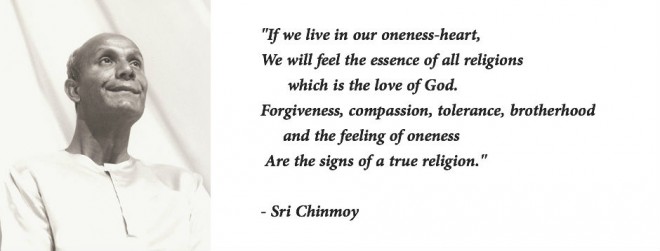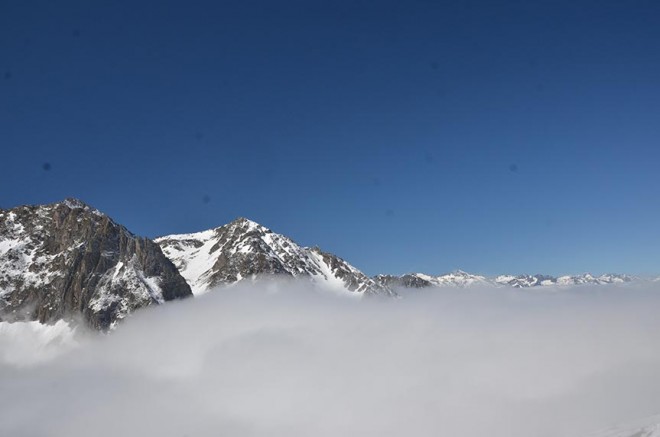Wisdom of the Idiots is a collection of stories about Sufi saints and Masters written by Idres Shah. The short stories are instructive of the Sufi philosophy, Sufi mysticism and the Sufi way of teaching.

A note to the preface of the book states
Because what narrow thinkers imagine to be wisdom is often seen by the Sufis to be folly, the Sufis in contrast sometimes call themselves ‘The Idiots’.
By a happy chance too, the Arabic word for ‘Saint’ (wali) has the same numerical equivalent as the world for ‘Idiot’ (balid).
So we have a double motive for regarding the Sufi great ones as our own Idiots.
This book contains some of their knowledge.
Some of the teachings of the Sufis
- Be wary of outer appearances of knowledge and learning. They may merely result in pride and prevent the true inner teaching to be understood.
- To understand the Sufi way, it is necessary to be willing to abandon pre-conceived ideas and notions of self-importance.
- True generosity which sees fellow man as a brother is the right path.
- Be wary of miracles and shows of power, this is not the real path of love and truth.
Beggars and workers
It is related of Ibn el-Arabi that people said to him:
“Your circle is composed mainly of beggars, husband-men and artizans. Can you not find people of intellect who will follow you, so that perhaps more authoritative notice might be taken of your teachings?”
He said:
“The Day of Calamity will be infinitely nearer when I have influential men and scholars singing my praises; for without any doubt they will be doing so for their own sake and not for the sake of our work!”
- From Wisdom of the Idiots by Idres Shah.

 “
“
